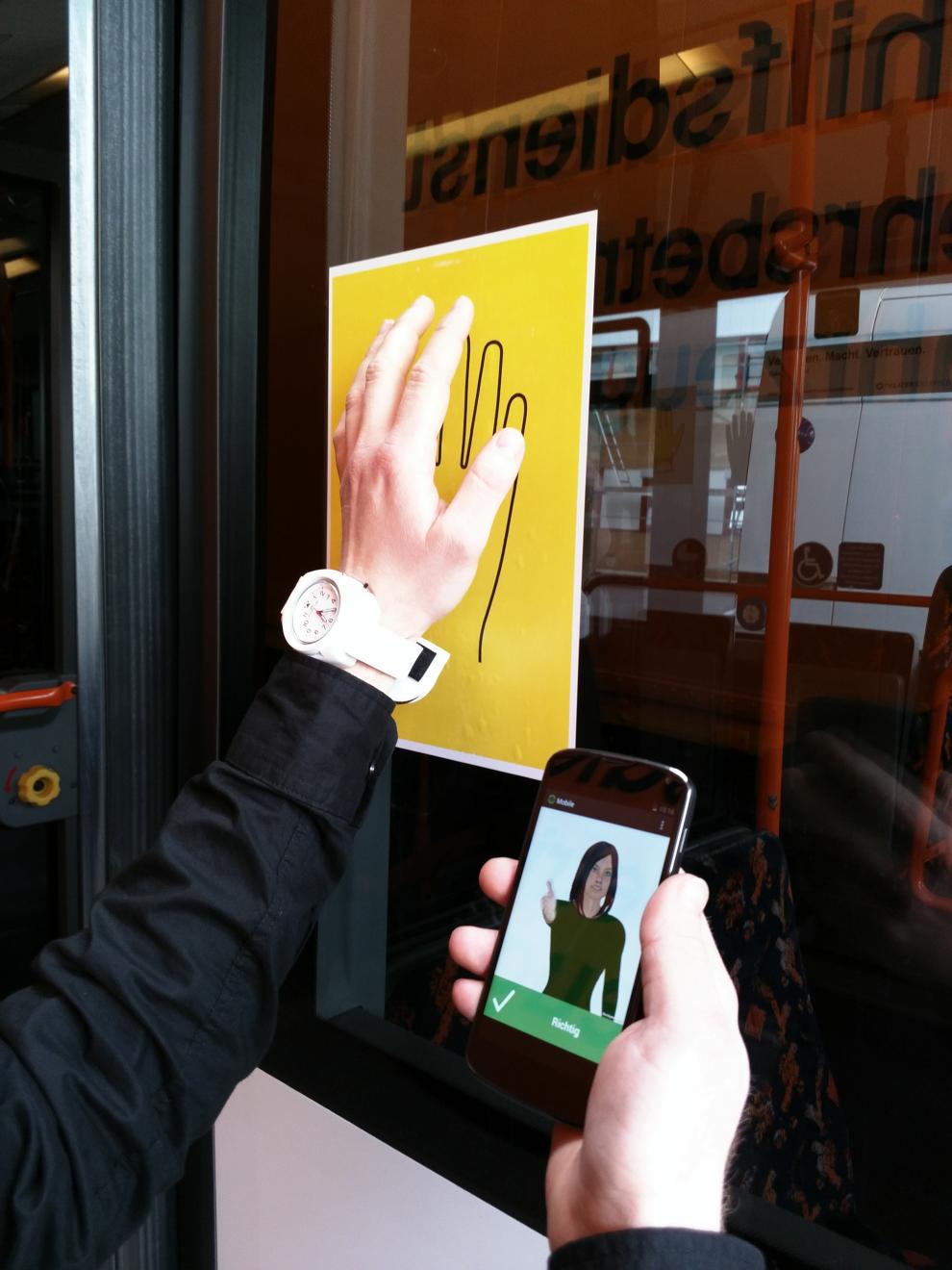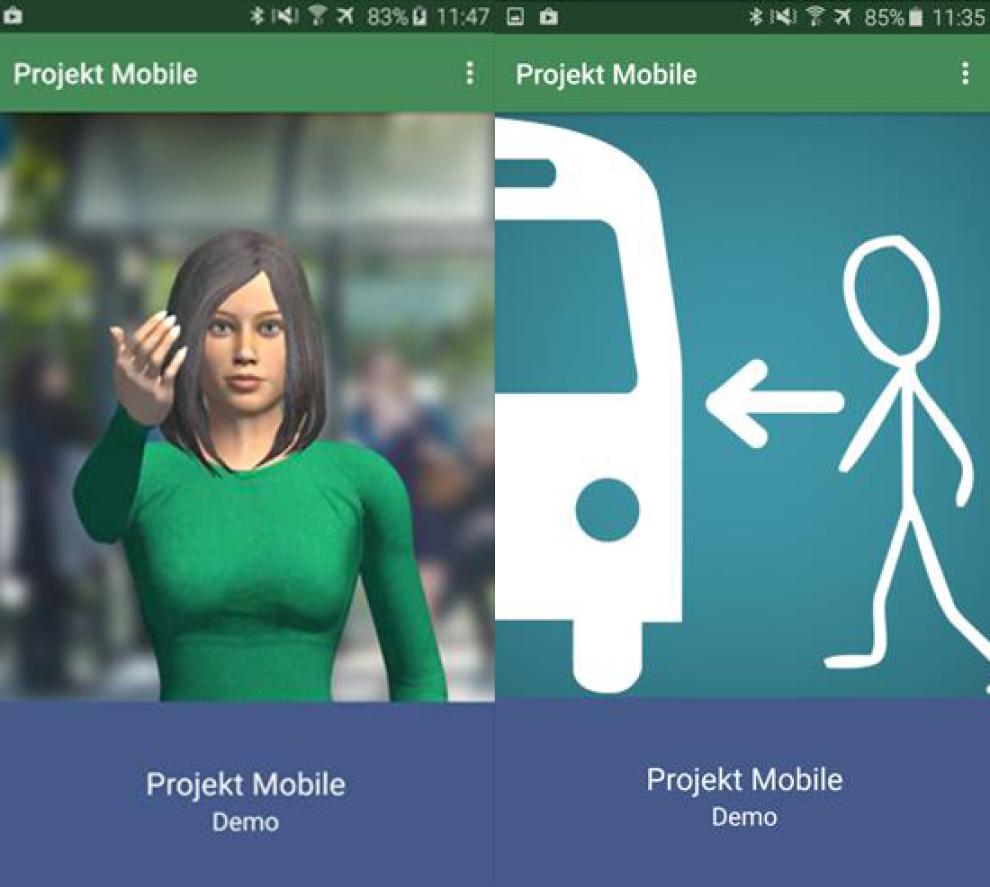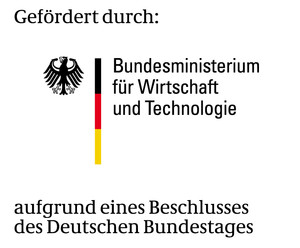Barrier-free bus and train travel of the future
Project Mobile informs transport authorities at the ‘new mobility’ trade fair and congress in Leipzig
Kleve/Kamp-Lintfort, 12 April 2016: New changes to the German Public Transport Act (PBefG) have left transport authorities in a bit of a dilemma. Paragraph 8 III no. 3, for example, now requires transport authorities to provide “complete accessibility in public transport” for disabled passengers by 1 January 2022. This important, but difficult goal may make a slew of accessibility-related questions obsolete: “When does my bus come? Is my bus delayed? Am I in the right train? Where can I change lines without climbing stairs? When do I need to exit the bus? How can I take part in public transport without knowing how to read?”
Researchers from Rhine-Waal University of Applied Sciences and participating project partners in the University’s accessibility project “Mobile - mobil im Leben” will be presenting their solution to this dilemma – a combined software/hardware system for the comfortable and easy use of public transport – at the trade fair and congress ‘new mobility’ from 12-13 April 2016 in Leipzig, Germany (hall 3, booth N07).
“We’ll be presenting our solutions using fully-functional prototypes,” explains Dr Christian Ressel, Professor of Ambient Intelligent Systems at Rhine-Waal University of Applied Sciences and project lead. Researchers from the Faculty of Communication and Environment, from the competence centre FAST and from the Niederrhein University of Applied Sciences will be presenting scale models of a bus interior and a typical bus stop in Germany to demonstrate their system in action. “Using a realistic simulation scenario, we can demo the various working functions of our accessibility system, including special user interfaces for route planning, navigation and real-time travel support; use of localised optical markers and Bluetooth beacons; signposts that use NFC and RFID technology; and wearable gadgets for passengers. We also take the time to explain extensively the technical framework of our system and the opportunities presented by barrier-free public transport services to representatives of transport authorities.”
“Mobile - mobil im Leben” is a joint project involving Rhine-Waal University of Applied Sciences, the Niederrhein University of Applied Sciences, the SWK Stadtwerke Krefeld AG, moBiel GmbH as well as the Bielefeld-based v. Bodelschwingh Foundation Bethel and the Krefeld-based inoges/Salvea, which provide support and expert advice regarding the mobility and health needs of disabled passengers. The project is funded by the German Federal Ministry for Economic Affairs and Energy (BMWi) through 30 September 2016 by official resolution of the German Bundestag. The project results will serve as the foundation for a planned roll out and implementation by the project partners. The planned implementation of the project results includes a gradual expansion to partners’ full bus and train services until it eventually takes over as the operating standard.




